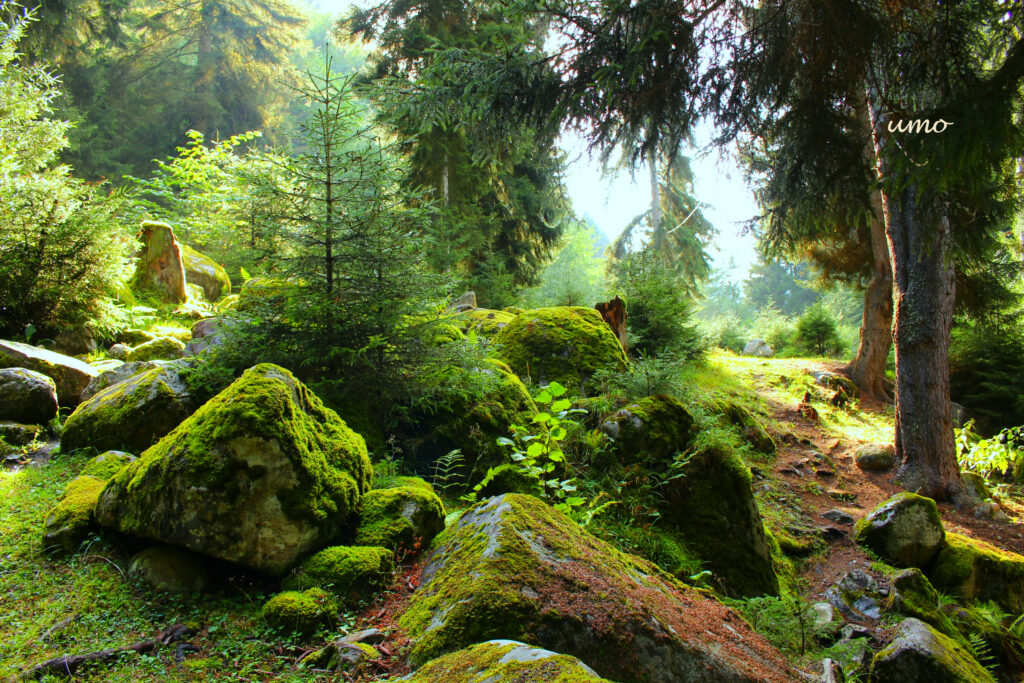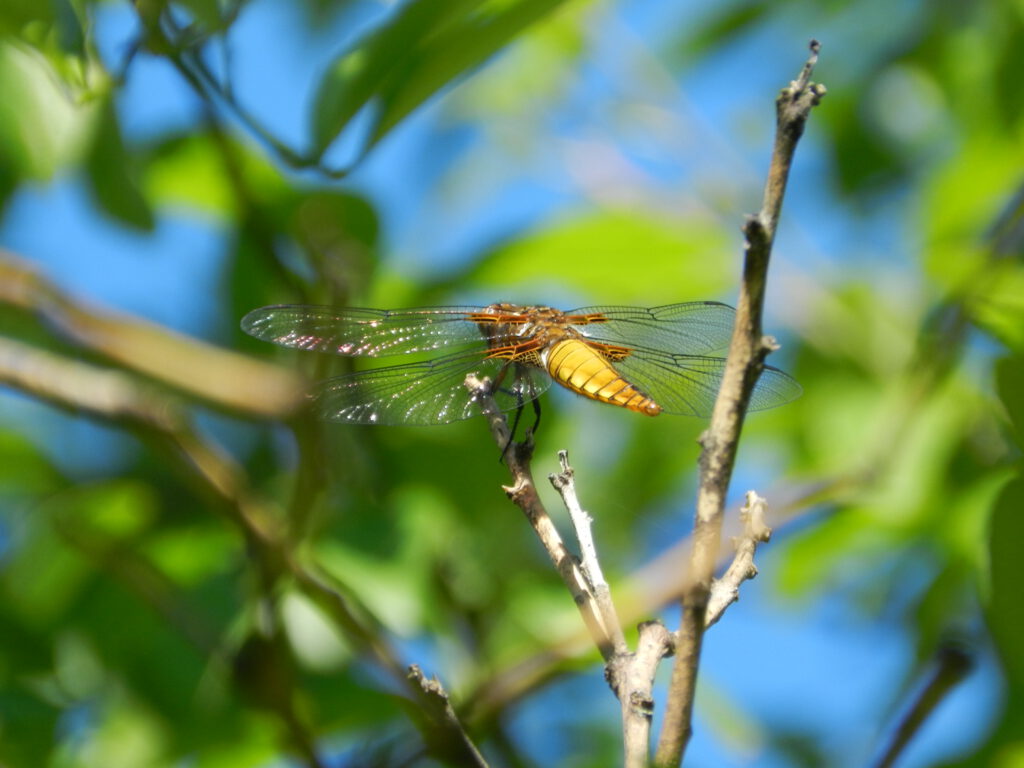Biodiversity unites the genes of different ecosystems and species of living organisms in these ecosystems, closely linked with human well-being. Nothing on Earth is as complex, dynamic, and diverse as the combination of these living organisms that occupy both the Earth’s surface and the world’s oceans. At the same time, nothing beats more painful in the human hand than the combination of these living riches. This combination of living organisms – the biosphere – physically and chemically combines the atmosphere, geosphere and hydrosphere into the collective environmental system. The entire system of living organisms, including humans, originated and evolved through the collective metabolic actions of millions of species of plants, animals and microbes.
Sometimes the term biodiversity is only associated with protected areas, but that is incorrect. Management systems – plantations, farms, aquaculture sites, beaches, or even urban parks and city ecosystems – have their own biodiversity.
How does nature and biodiversity help us?
As we know, nature responds to the most important challenges facing humans. It cleans the air we breathe, purifies the water we drink, and produces the variety of foods we need to live a healthy life and deal with disease. It enables researchers in the medical field to grasp the regularities of human vital processes, providing new discoveries for medicine manufacturers. Nature helps reduce the impact of climate change by reducing carbon sequestration and air pollution.
The bounties of nature are indeed innumerable; however, all of this could not be so if biodiversity did not exist. Biodiversity is a kind of chain in which all living organisms are connected to each other. Humans are also an integral part of this natural chain. When one component of this chain changes, the existence of other components also changes. That is why it is necessary that this chain is not broken and that nature continue to function in our favour.

Biodiversity in Georgia
Despite Georgia’s small size, Georgia is rich in biodiversity. The World Wide Fund for Nature (WWF) has identified 200 ecoregions worldwide based on specific criteria, including the Caucasus: taxonomic uniqueness, endemism level, species diversity, evolutionary processes, and features of historical flora and fauna, diversity of plant species, and diversity level.
Georgia is one of the richest floristic countries in a subtropical climate. Our country is one of the centres of cultural plant origin and diversity. Vines, cereals, fruits and many excellent varieties originated from here. Thus, the unique phylogenetic fund of Georgia is a living monument of the natural-cultural heritage of the country, protection and restoration of which is of human importance.
The main threats to biodiversity, both around the world and in our country, are: habitat degradation / destruction, over-exploitation of resources, alien species and environmental pollution.

How do humans damage Earth?
Human agricultural activities have reduced biodiversity as well as the number of wildlife populations. In the last 50 years, the population of mankind has doubled. The global economy has grown almost fourfold, while global trade has grown nearly tenfold. Today, Earth no longer has the resources to meet the needs of the population. As a result, more species are now threatened with extinction than ever before.
The reasons for the decline in biodiversity are land urbanization, climate change and deforestation. Humans use biological resources as food, building materials, medicine, etc. With the disappearance of all this, a vital resource for a person is exhausted, which will require a search for artificial ways to restore it. Artificial ways (one of which is genetic engineering) are harmful to health. This is why environmentalists call on society to be greener, and to be environmental stewards of nature.
See the National Geographic Biodiversity Map of the South Caucasus here: https://map.nationalgeographic.ge/
